This week we were informed that the Israeli government has finally decided to get off the very tall tree it has climbed in recent months in a confrontation it has developed with the Polish government over the "Property Law."
In the Foreign Minister's environment, the token apparently fell at last: Poland is an important and central country in Europe and in the world, and it cannot be turned into a populist punching bag in Israeli politics.
There are, however, those who prefer to continue climbing trees in the Polish matter.
Two weeks ago, I posted a column here wondering whether Yad Vashem turns the memory of the Holocaust into a matter of political activism.
In addition to a matter-of-fact detail of the affair in which I focused, I noted an unprofessional error on the part of Yad Vashem, which relates to the exact status of the person who served as the head of the Polish diplomatic delegation in Switzerland, Alexander Ladush, and which apparently caused initial initial recognition. I also joined the obvious demand for transparency in the context of the decisions of the committee that grants recognition to the followers of the world, in this sensitive case and in general. After all, there is no apparent reason that reasons for rejecting an application will not be made public, if they are based on the clear criteria for awarding the degree. One can understand the desire to protect the identity of committee members from factors that may put external pressure on them. But, there is no reason why the work results of those anonymous factors should not be published. The much secrecy of the procedure only causes suspicion as to its purity
Instead of responding to the article in a matter-of-fact and professional manner, Yad Vashem chose to launch a general attack on me and other parties seeking to promote the recognition of Alexander Ladush and his deputy.
In my childhood creative reversal, I was accused of politicizing the affair.
"Political considerations emerge from your column," the SMS read to me. "Would recognition help improve the relationship between Israel and Poland?
seriously?
"Woe to us if these were the considerations of the committee / Yad Vashem."
Polish Ambassador Alexander Ladush,
For the sake of clarity: I have never argued that the Committee of the Righteous Among the Nations should have based its position on considerations of Israel's foreign policy. This is already a misleading interpretation, intended to allow evasion of a substantive discussion on the unfolding of the affair. However, I stated that a "positive decision by the Zionist Committee could have re-elevated Polish-Israeli relations on the path of understanding and dialogue" on the basis of the established criteria for recognition is not politicization of the affair, . Ladush's transformation into a trivial consulate employee, worthy only of a letter of appreciation, was rightly perceived by the Polish government and all involved in the affair as unprofessional, which obscured the committee's decision and raised many questions about its motives. To the credit of the committee, it is true that it agreed to reconsider the actions of Ladush and his deputy on the basis of a great deal of additional information that has accumulated since the decision not to recognize "consulate employees" as Righteous Among the Nations. But, even if we assume that in all this information there is no justification for recognition - and to the best of my knowledge,This is not the case - in the situation that has arisen it would have been better to publish in public the reasons for the decision of the unconsciousness, if only to correct the bad impression of the initial mistake made. I say this from information: Yad Vashem's unprofessional conduct in this affair has damaged Israeli-Polish relations.
Following the publication in the summer of 2018 of the joint statement to the prime ministers of Poland and Israel, intended to end the Holocaust law crisis with the repeal of its controversial sections, Yad Vashem issued a "reference" by Mossad historians, presenting the content of the statement as "full of grave errors and mistakes. ". Among other things, the "mobilization" of historians states: "The government of Poland in exile, based in London and empowered by this government in occupied Poland, did not act decisively during the war for the Jewish citizens of Poland." The "reference" adds: "Yad Vashem, the trust in the study of the Holocaust, its commemoration and remembrance, is obliged to point out historical inaccuracies." Historical inaccuracy as a reference to the head of the Polish diplomatic mission in Switzerland as a simple consulate employee? Or a broader historical inaccuracy: Documents revealed in recent years suggest that the diplomatic missions of the Polish government-in-exile in many countries, Europe, America and Asia, were involved in activities to rescue Polish Polish Jews during the war.
Tomb of Polish Ambassador Alexander Ladush, Photo: Mataus Opshinki, Wikipedia
The thesis that my column on the politicization of Yad Vashem is tainted with political considerations was most suspiciously rolled out in an article published this week in the Haaretz newspaper by Ofer Aderet under the headline "Let the Righteous Among the Nations." In the article, which seems to be invited mainly due to its conclusion, Aderet warns of a "dangerous campaign" - no less and no more, "against one of the last sacred cows left in the land." A Haaretz journalist's concern for the safety of sacred cows is a touching historical event. And who is the sacred cow? The Committee for the Marking of the Righteous Among the Nations at Yad Vashem. What makes this committee a sacred cow? To the mantle of solutions. "The attempt to damage the good name of the committee is fundamentally invalid and the argument behind it is invalid," Aderet writes in a kind of press release. What makes the argument invalid? And who claimed, according to Aderet, that "behind the decision not to recognize Ladush lies hatred of the Polish people or revenge for Poland's distorted memory policy towards the past"? "Defamation of the committee is crossing a border," Aderet continues, piling on his blank slogans.Since when is expressing legitimate and factual criticism a slander and crossing a border? And again he sounded like a spokesman for Yad Vashem: "Had the committee's decisions been made to aid Israel's foreign policy, the road to eliminating the entire institution would have been short." Who thought that the committee should make its decisions in order to assist Israel's foreign policy? The demand was simple: complete transparency and an apology for a mistake.
Aderet's article, which is a smear article in itself, claims that the "Poles" in their efforts to force a decision on Yad Vashem recruited Mordechai Paldiel, who headed the Righteous Among the Nations at Yad Vashem for 24 years and believes that Ladush and his deputy are worthy of the title, and "Jewish. After the subject of the title of Honorary Consul of Poland in Switzerland. '
Well, the "Poles" did not recruit anyone.
The "Poles" were not even aware of the story, until the "Jew with the title of Consul of Honor," Marcus Belchner, did not pay attention to it.
Paladiel was recruited by one of the survivors of the Ladush List.
It is not the Polish government that is behind the demand for historical justice, but Jews.
And how do these Jews, including myself, present on Twitter another reporter from the Haaretz newspaper, Anshil Pepper?
The "collaborators of the Polish government on the Israeli far right."
I want to say: Anyone who dares to express a matter-of-fact critique of Yad Vashem is an extreme right-winger, in the eyes of people who specialize in talking about matters they have no idea about.
Yad Vashem Chairman Danny Dayan, Photo: AFP
How far does the lack of professionalism of the Yad Vashem people in this Polish issue go? The Polish Consul General in New York, Adrian Kowiczky, says that a few days ago he met with the new chairman of the Yad Vashem board, Danny Dayan. Kovitsky raised the issue of non-recognition of Ladush with Dayan. According to Kowitzky, Dayan claimed that he knew the details of the case well and there were reasons for the unconsciousness. One of them is that Switzerland was a neutral country and there was no danger in the rescue operation of the Polish diplomats. Beyond the fact that Dayan revealed here an incredible lack of knowledge about the many pressures that Switzerland was under pressure from the German Reich, he denied the reason that made Yad Vashem recognize one of the group's members, Consul Rokitsky, as a Righteous Among the Nations. And what applies to Rokitsky, should apply to others as well.
Yad Vashem Response:
"There has never been an official meeting between the chairman of Yad Vashem and the consul, so it is clear that these are only parts of things that were said as a side note, are selectively quoted and do not reflect the full picture that the chairman is well acquainted with."
Were we wrong?
Fixed!
If you found an error in the article, we'll be happy for you to share it with us

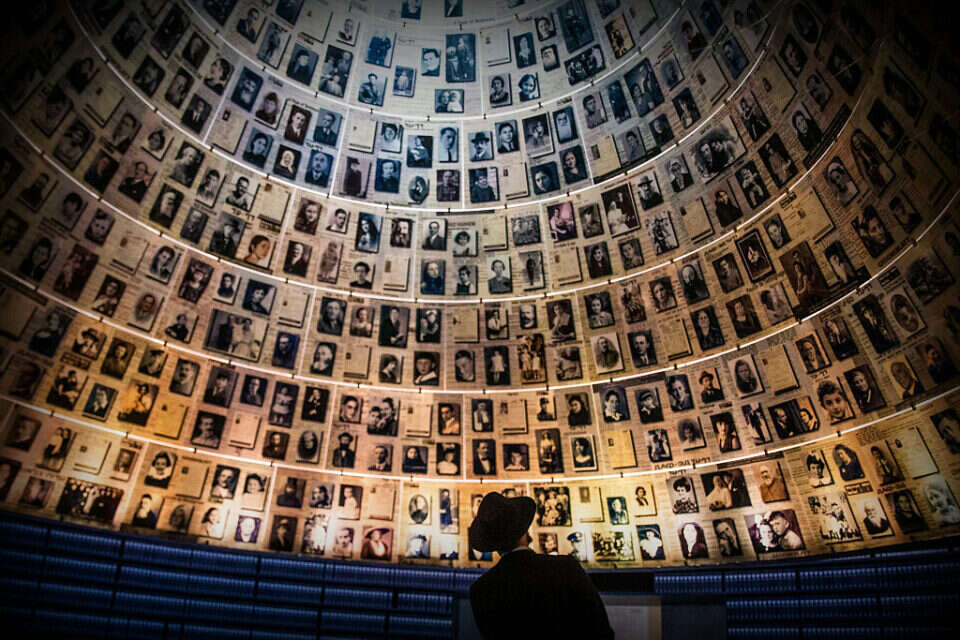
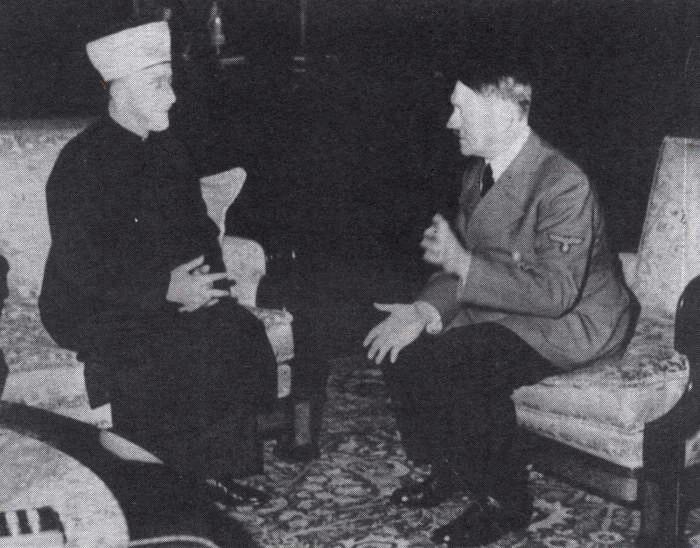
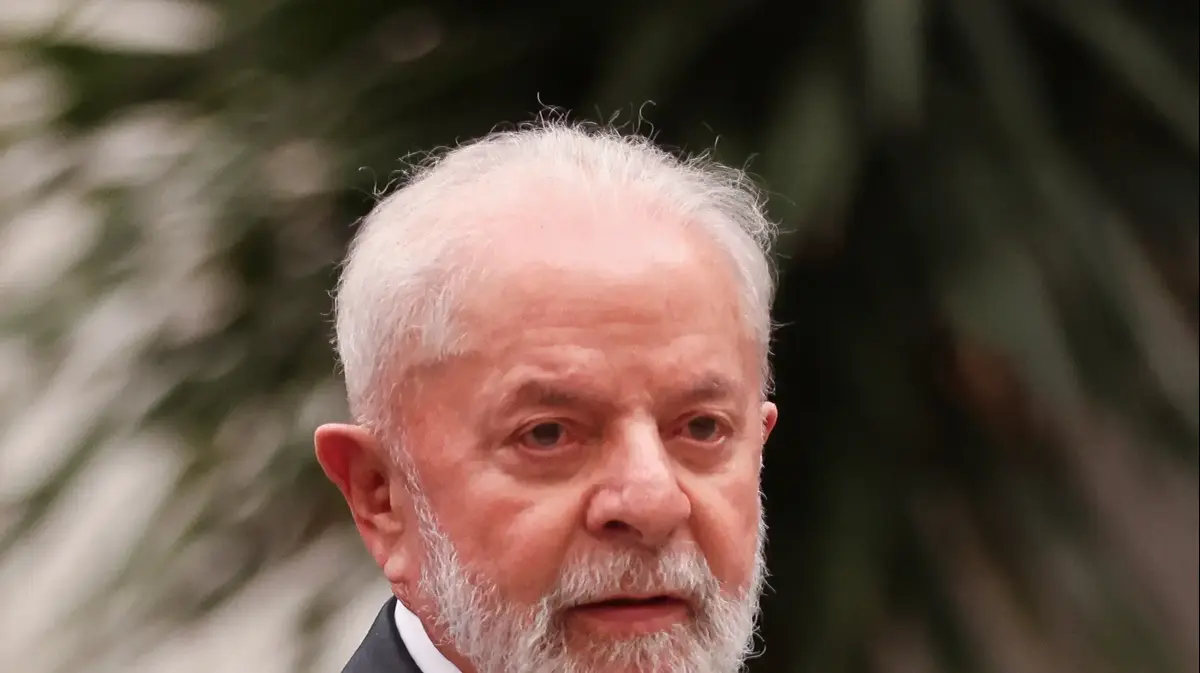


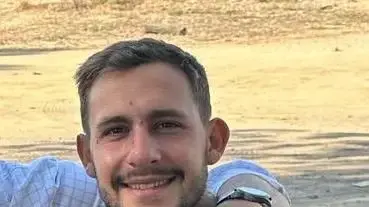


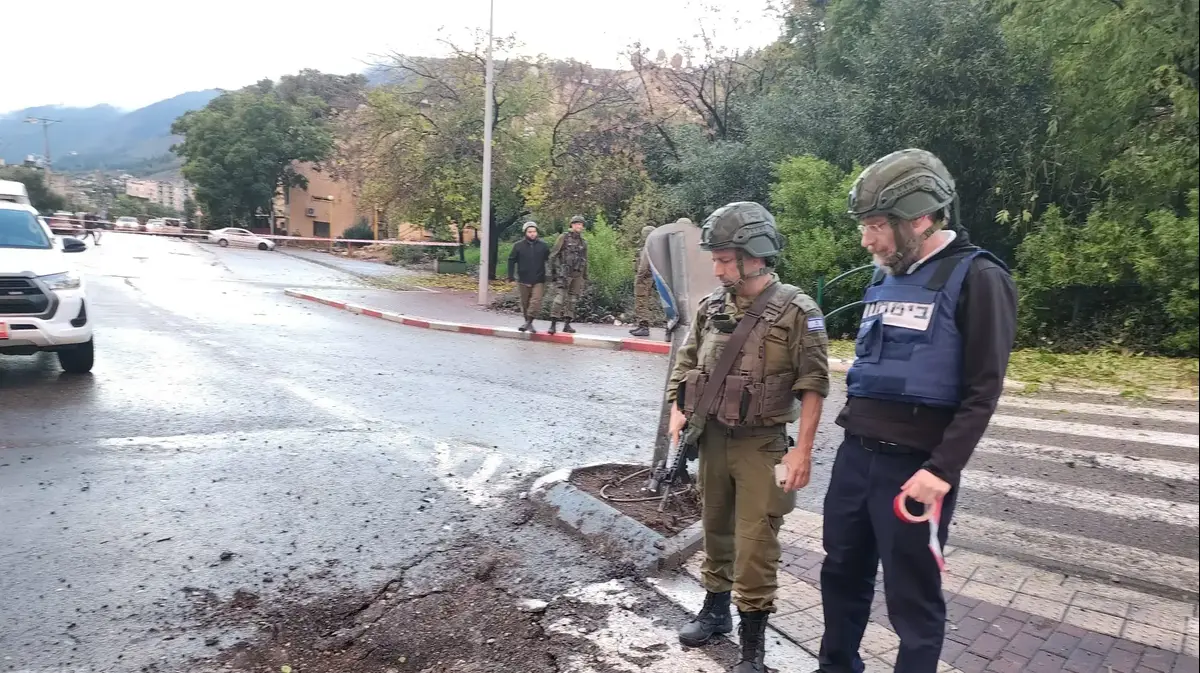

/cloudfront-eu-central-1.images.arcpublishing.com/prisa/KMEYMJKESBAZBE4MRBAM4TGHIQ.jpg)



